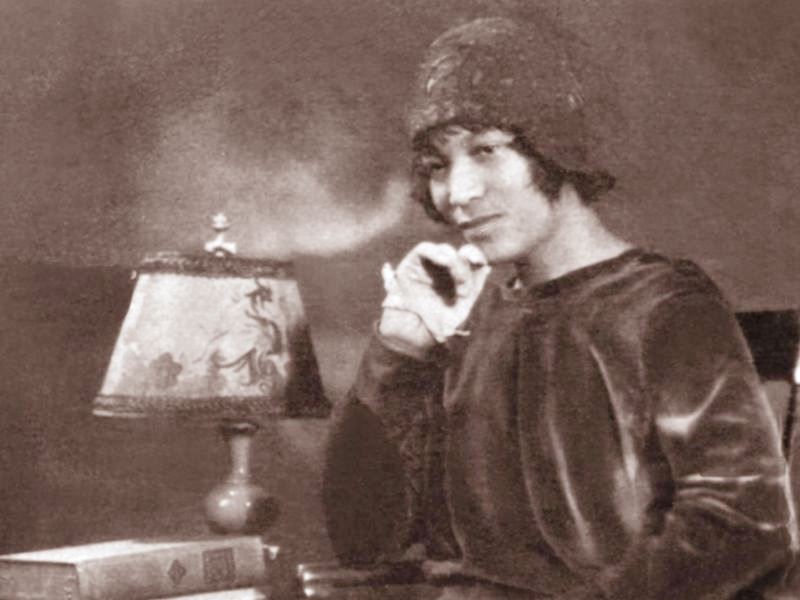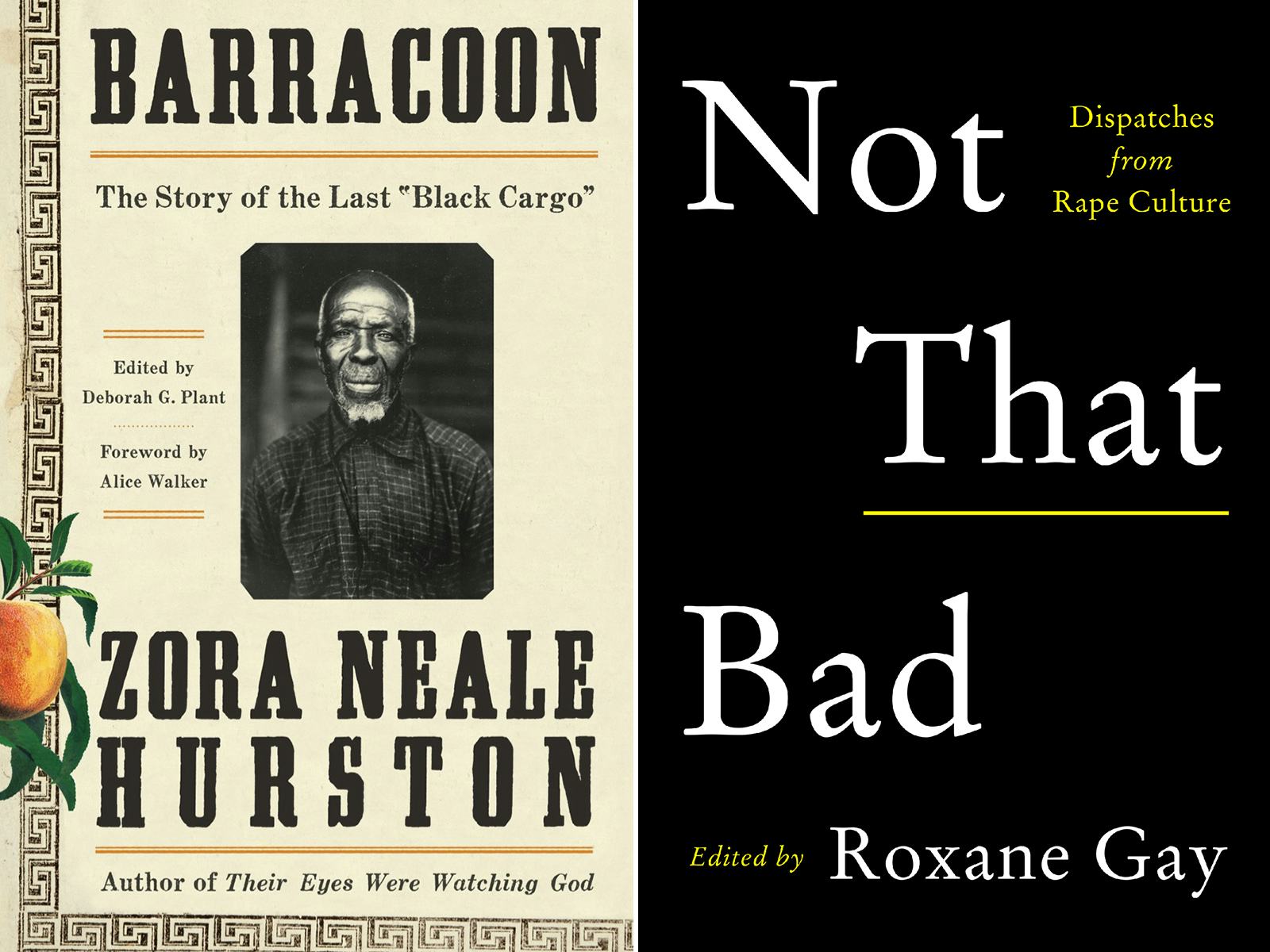

After being kept in the Alain Locke Collection at Howard University’s Moorland-Spingarn Research Center for more than half a century, Barracoon was released to the public in May. Zora Neale Hurston’s Barracoon widens the scope of this default, reductive rendering of history through form and function. Both myopic narratives prevent people from exploring the continent’s full range of societies-not only spurring resentment among African Americans and African and Caribbean immigrants, but also promoting ignorance of the shared cultural elements that survived the journey across the Atlantic. To open his last verse, he pleads with black children to look to the distant past for inspiration: “ we came to this country / We were kings and queens, never porch monkeys.” Incomplete and romanticized readings of history have resulted in a fanatical, monolithic image of Africa, or worse, a dismissal of the rest of the continent as a backwards land that colonizers rightfully raided.

Consider Nas’s 2003 song “ I Can” (his highest-charting single to date), which was widely lauded for its uplifting message. Precolonial black history is often reduced to a troubling binary: Africans as a uniformly subservient arm of the triangular trade and Africa through the lens of monarchies like ancient Egypt and Haile Selassie’s Ethiopia.


 0 kommentar(er)
0 kommentar(er)
